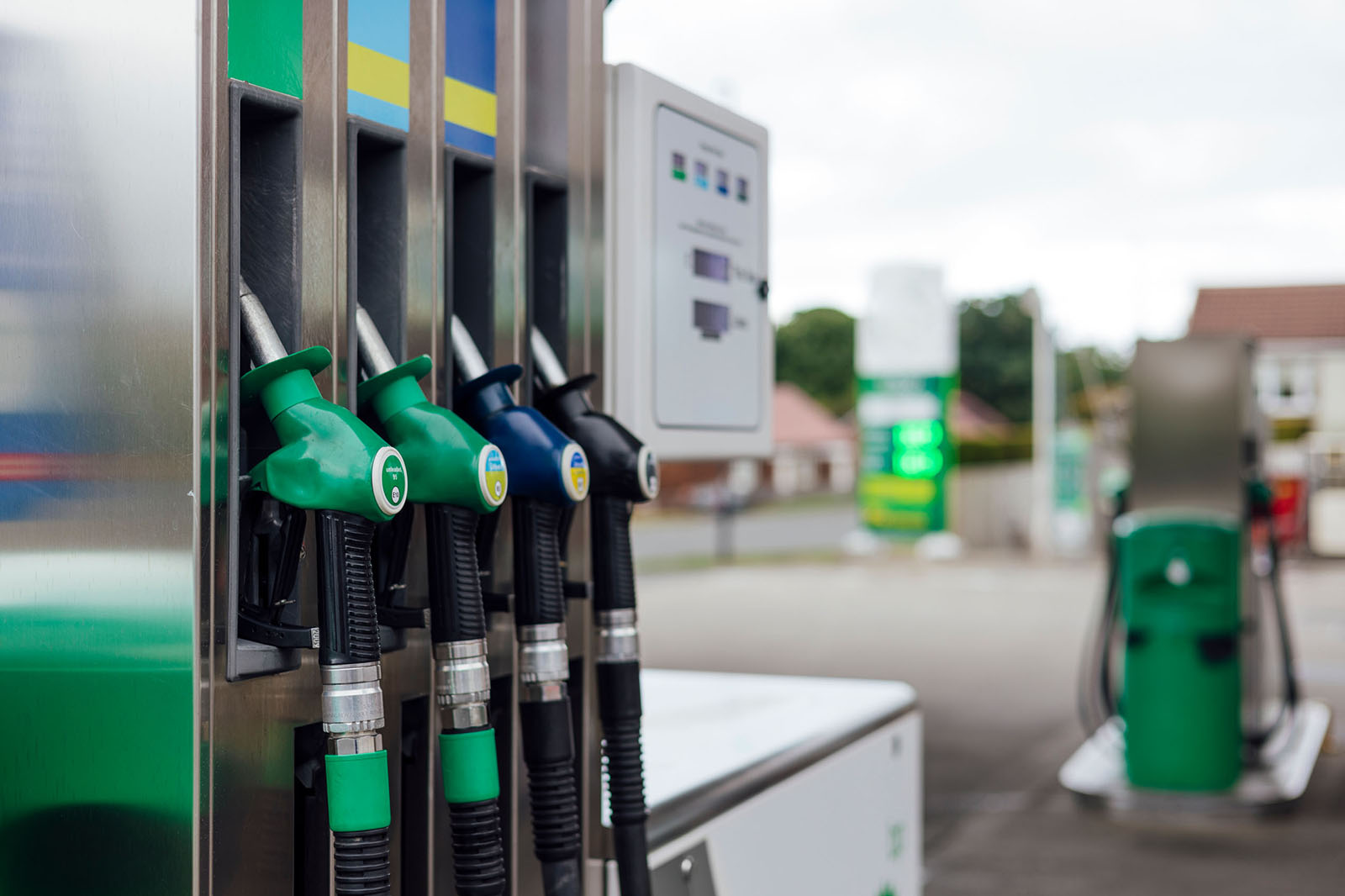Fuel prices fell by 6.5p last month and are set to continue on a downward trajectory, according to the RAC.
Petrol cost 134.79p per litre on average at the end of September, down from 141.26ppl at the start of the month. This means that filling up a car with a 55-litre fuel tank is now £3.56 less expensive than it was at the start of September.
Diesel, meanwhile, fell from 146.00ppl to 139.5ppl over the same period, meaning a 55-litre fill-up is now £3.58 cheaper.
The RAC attributed the reduction to the drop in the price of a barrel of crude oil, from $78 (£59) at the start of September to $72 (£54) by the end.
It added that wholesale prices for petrol and diesel currently stand at 99ppl and 103ppl respectively, indicating that retail prices may fall even further.
“With analysts predicting oil may continue to fall on the back of a weakened global economy and Saudi Arabia upping its output to regain lost market share, the immediate future on the UK’s forecourts looks considerably brighter for drivers,” said Simon Williams, the RAC’s head of policy.
What determines the price of fuel?
The price of petrol and diesel you buy at the pump is largely determined by the wholesale price of Brent crude oil.
However, fluctuations in the price of this can take weeks to filter through to the forecourts.
The price of crude oil has gone up nearly $12 per barrel since the start of July 2023 to around $96 in October and now fallen to around $78.
The long-term cost of petrol
In July 2023, a major report from the Competition and Markets Authority (CMA) found that drivers paid on average 6p per litre (ppl) more for fuel in 2022 as supermarkets took advantage of weakened competition and inflated pump prices.
CMA chief Sarah Cardell, who said supermarkets were usually the cheapest place to buy fuel and market anchors, said the rising of prices would have had “a greater impact on vulnerable people, particularly those in areas with less choice of fuel stations.”
The report found the rise was instigated by Asda – which was also fined £60,000 for not co-operating fully with the CMA investigation – and Morrisons, the two cheapest fuel sellers, which last year each made the decision to target higher margins.
Asda’s fuel margin target in 2023 was more than three times what it had been for 2019, while Morrisons doubled its margin target in the same period.
Other retailers, including Sainsbury’s and Tesco, didn’t respond “in the way you would expect in a competitive market” and “instead raised their prices in line with these changes”, the CMA found.

